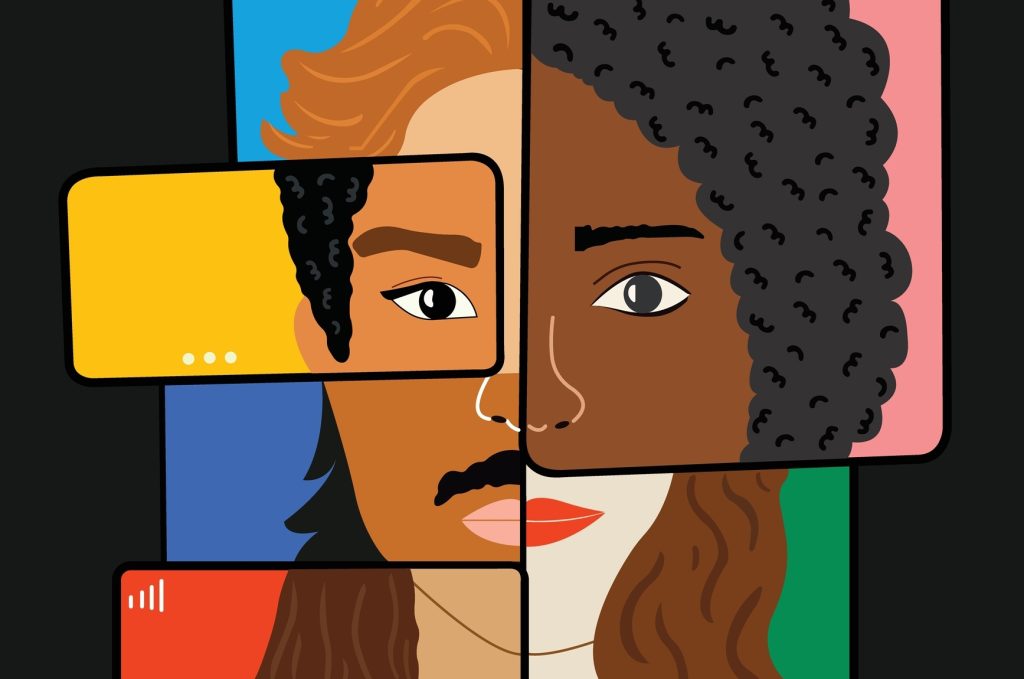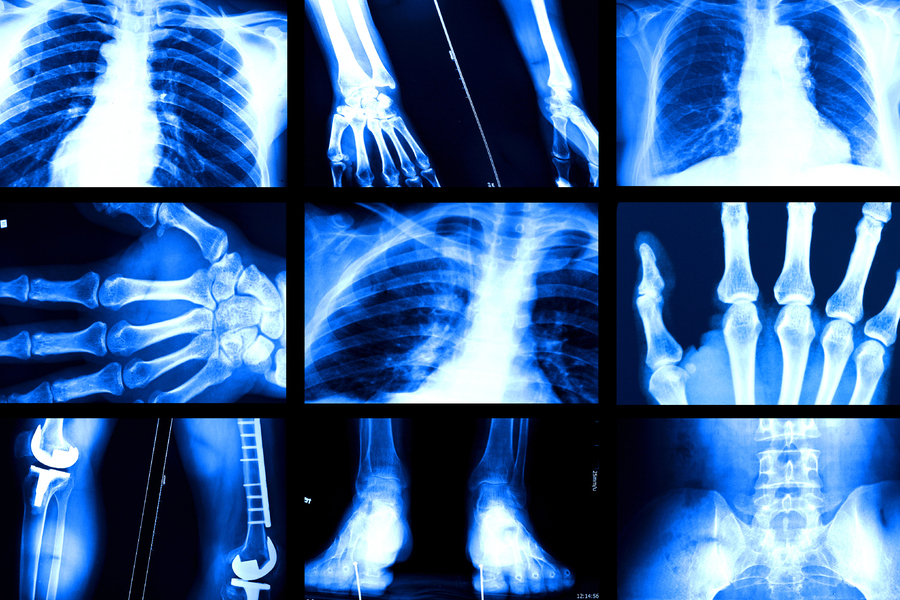ICSR News

How hard is it to prevent recurring blackouts in Puerto Rico?
Using the island as a model, researchers including Marija Ilic demonstrate the “DyMonDS” framework can improve resiliency to extreme weather and ease the integration of new resources.
READ MORE
MIT affiliates named 2024 Schmidt Futures AI2050 Fellows
Marzyeh Ghassemi among those honored with fellowships to advance research on beneficial AI.
READ MORE
AI in health should be regulated, but don’t forget about the algorithms, researchers say
In a recent commentary, a team from MIT, Equality AI, and Boston University including senior author Marzyeh Ghassemi highlights the gaps in regulation for AI models and non-AI algorithms in health care.
READ MORE
Researchers reduce bias in AI models while preserving or improving accuracy
New technique developed by researchers including senior author Marzyeh Ghassemi identifies and removes the training examples that contribute most to a machine-learning model’s failures.
READ MORE
A data designer driven to collaborate with communities
Associate Professor Catherine D’Ignazio thinks carefully about how we acquire and display data — and why we lack it for many things.
READ MORE
Improving health, one machine learning system at a time
Marzyeh Ghassemi works to ensure health-care models are trained to be robust and fair.
READ MORE
Empowering systemic racism research at MIT and beyond
IDSS researchers in the MIT Initiative on Combatting Systemic Racism are building an open data repository to advance research on racial inequity in domains like policing, housing, and health care.
READ MORE
Empowering systemic racism research at MIT and beyond
Researchers in the cross-disciplinary Initiative on Combatting Systemic Racism are building an open data repository to advance research on racial inequity in domains like policing, housing, and healthcare.
READ MORE
AI could lead to inconsistent outcomes in home surveillance
Research supported by the IDSS Initiative on Combatting Systemic Racism finds that large language models make inconsistent decisions about whether to call the police when analyzing surveillance videos.
READ MORE
Study reveals why AI models that analyze medical images can be biased
Marzyeh Ghassemi, who leads the Healthcare team of the IDSS Initiative on Combatting Systemic Racism, examines how models which can predict a patient’s race, gender, and age may use those traits when making medical diagnoses.
READ MORE

